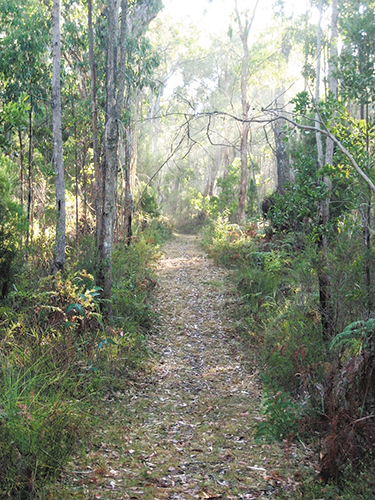The Green Triangle region of Victoria and South Australia has been labelled ‘biomass central’ by industry experts at a recent bioenergy seminar.
The region’s renewable resource potential was highlighted at Regional Development Australia’s (RDA) Limestone Coast Bioenergy seminar in Mt Gambier where calls were made for the creation of a ‘biohub’ for the region to better utilise rich renewable biomass sources, such as wood waste and agricultural deposits.
Centrally located within the region Glenelg Shire has been earmarked as a future leader of green energy investment.
Key speaker at the seminar, Mark Glover, a specialist in biohub collaborations, highlighted the region as having a strategic advantage over other areas because of its vast timber assets, which are the largest in the nation.
He stated there were ‘huge opportunities’ to enter into a regional bioeconomy with the potential to create new jobs and circular economies.
Bioenergy Australia Chief Executive Officer, Shahana McKenzie, shared this sentiment, citing eight international developers currently investigating regional investment opportunities, including the construction of 10 refineries.
McKenzie stated global demand for biodiesel would soar over the next decade as the aviation and maritime sectors set out to achieve new strict carbon emission targets.
Glenelg Shire Mayor, Anita Rank, said the shire was well placed to benefit from these emerging markets, meeting key objectives of the Portland Future’s Plan, a strategy for attracting renewable investment.
She said Council was also exploring options to use such technologies to cut energy costs and reduce carbon emissions from its civic precinct.
Council plans to upgrade Portland’s ageing geothermal loop using sustainable energy generation such
as woodchip biomass.
Consultants Rainbow Bee-eater have been engaged, who recently launched a carbon capture and storage renewable energy plant in Tantanoola, supplying power to fuel Holla-Fresh’s greenhouse operations to grow its herbs whilst creating biochar, a by-product used for composting.
Mayor Rank said such circular bioeconomy’s were the future of the renewable sector.
“A key learning for our region is that we must work together, council, business and industry, to benefit from this emerging market as it is clear the country will soon be relying on it as a major source of energy.”

















